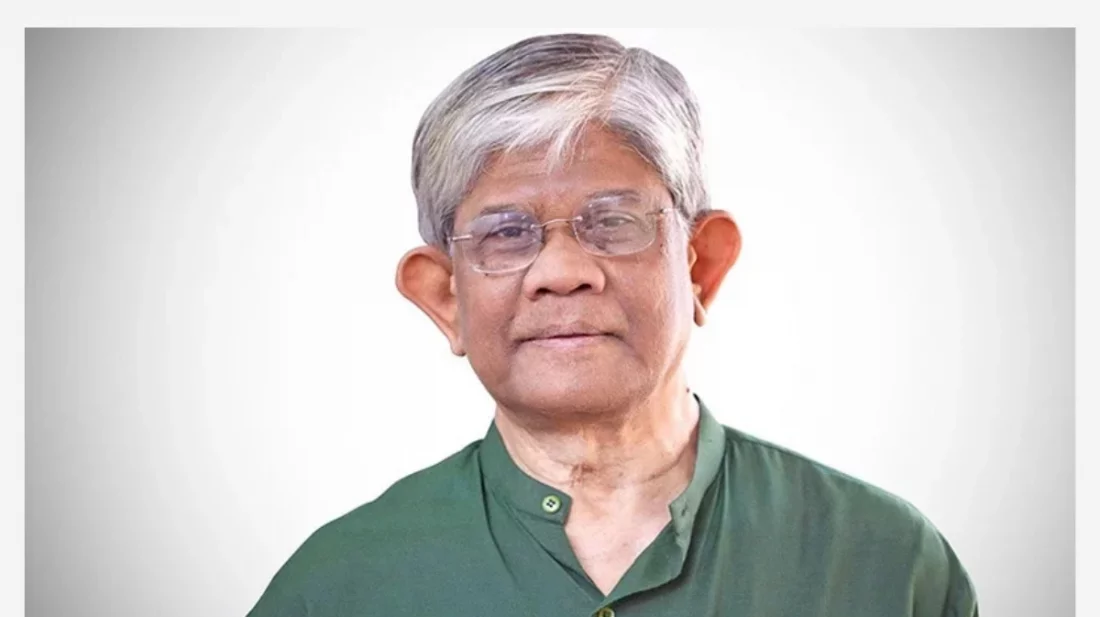The Advisory Council of the interim government, chaired by Chief Advisor Dr. Muhammad Yunus, has approved the draft of the International Crimes (Tribunal) Ordinance 2024, subject to vetting by the Legislative and Parliamentary Affairs Division. This decision was made during a meeting held today, Wednesday.
One significant aspect of the ordinance is the exclusion of a provision for banning political parties.
Addressing a press conference in the evening after the meeting, Law Advisor Professor Asif Nazrul shared details about the approval.
He stated, “The Advisory Council has adopted the draft of the International Crimes (Tribunal) Ordinance 2024. However, the Council emphasized that if the tribunal deems it necessary to impose sanctions on an organization, it can make recommendations to the relevant authority rather than directly incorporating a clause for banning political parties.”
He further clarified, “The Advisory Council expressed its desire to avoid associating this judicial process with any unrelated matters. Including a provision to ban political parties or organizations might unnecessarily raise questions about the ordinance, which we intend to prevent. Therefore, this provision has been omitted.”
Professor Nazrul also added, “If a demand or necessity arises to ban a political party or organization, other existing laws can address that. Excluding such provisions from the tribunal’s jurisdiction does not eliminate the possibility of action against political entities; such decisions can still be considered later under prevailing laws based on political consensus.”
The International Crimes Act was initially enacted in 1973 to prosecute individuals accused of genocide, crimes against humanity, war crimes, and other offenses under international law.
The Law and Justice Division has since updated the draft ordinance to make it more relevant to modern contexts. The updates include definitions of international crimes, provisions for assigning responsibility, the recording and broadcasting of judicial proceedings via audio and video, the appointment of foreign counsel, the rights of the accused during trial, interim appeals, admissibility and relevance of evidence, search and seizure provisions by investigators, protections for witnesses, and victim participation and protection.
Given the absence of a functioning parliament, the draft of the International Crimes (Tribunal) Ordinance was submitted to the Advisory Council for both policy-level and final approval to modernize the existing legal framework for prosecuting genocide, crimes against humanity, war crimes, and related offenses under international law.
Source: Ittefaq




